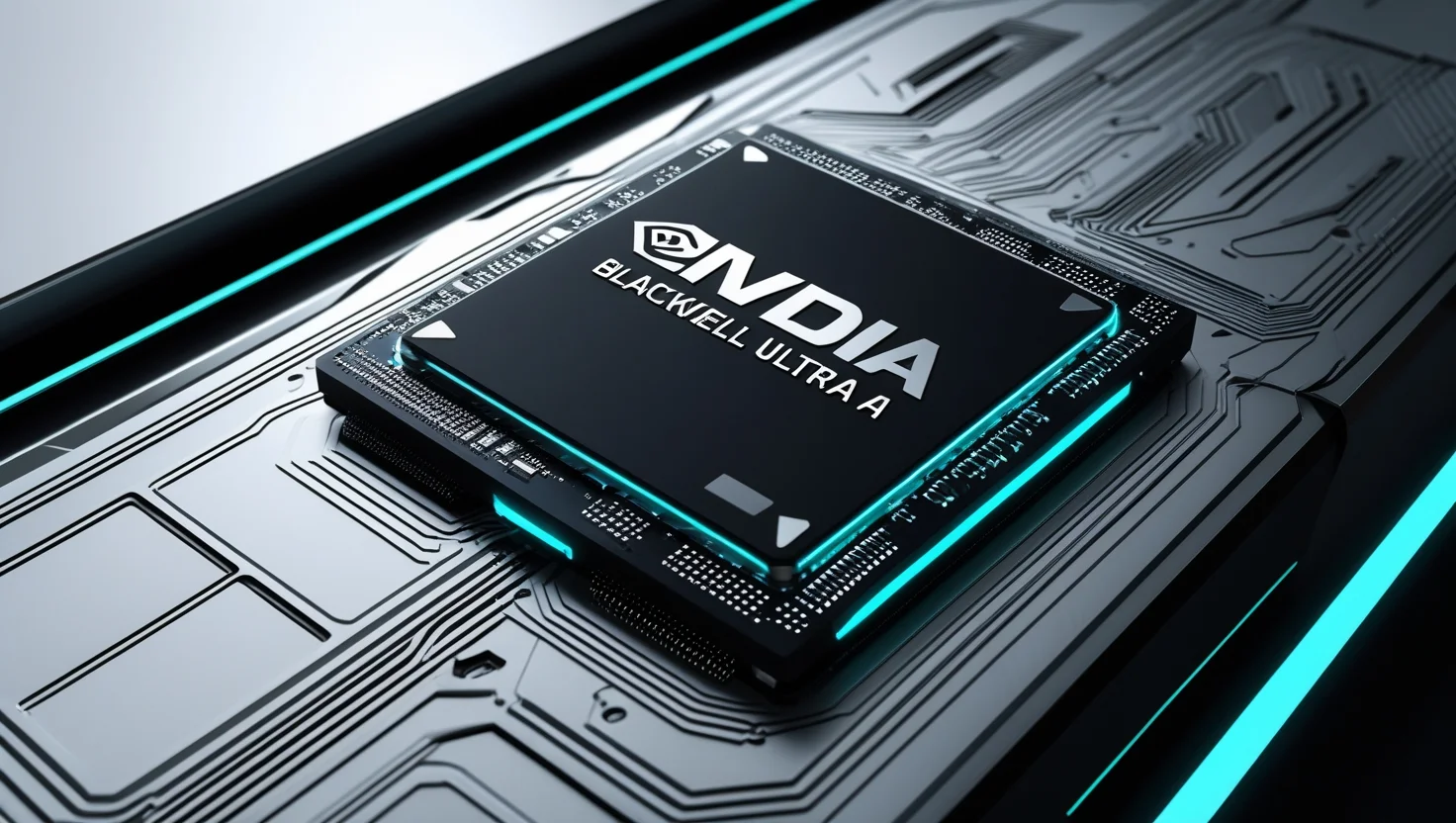Alibaba is making a strategic shift to sharpen its focus on eCommerce and cloud computing while embedding artificial intelligence across all operations. Chairman Joe Tsai announced the move during a recent technology conference in Paris, explaining that the company became too large and needed to streamline by shedding non-core businesses like physical retail. Earlier this year, Alibaba sold its majority stake in Sun Art Retail Group, a hypermarket chain in China, to simplify its business and strengthen its core offerings.
Tsai emphasized that Alibaba’s top priority is enhancing customer experience. The company now operates on two main principles: putting users first and ensuring AI is integrated into every aspect of its business. This includes using AI to boost internal productivity and incorporating AI into consumer-facing apps and services. Alibaba is also leveraging its cloud computing platform to support AI applications developed by enterprises and independent creators.
Even before the rise of ChatGPT in 2022, Alibaba had begun investing heavily in large language models. Tsai revealed that company scientists started working on transformer-based AI models years earlier, recognizing the benefits of training systems with Alibaba’s vast data resources. The competitive landscape intensified in January 2025 when rival DeepSeek launched its own models. This motivated Alibaba’s engineers to accelerate development, resulting in the release of the Qwen series of AI models within weeks.
Alibaba has open-sourced many smaller versions of these models to promote wider adoption and encourage innovation, which in turn drives more demand for its cloud services. Tsai noted that China’s tech ecosystem is highly competitive and quick to adopt new technology, which fuels Alibaba’s ambition and rapid progress.
Looking forward, the company plans to keep its focus on delivering excellent consumer experiences, expanding AI capabilities, and strengthening its cloud infrastructure to stay ahead in the evolving digital economy.













